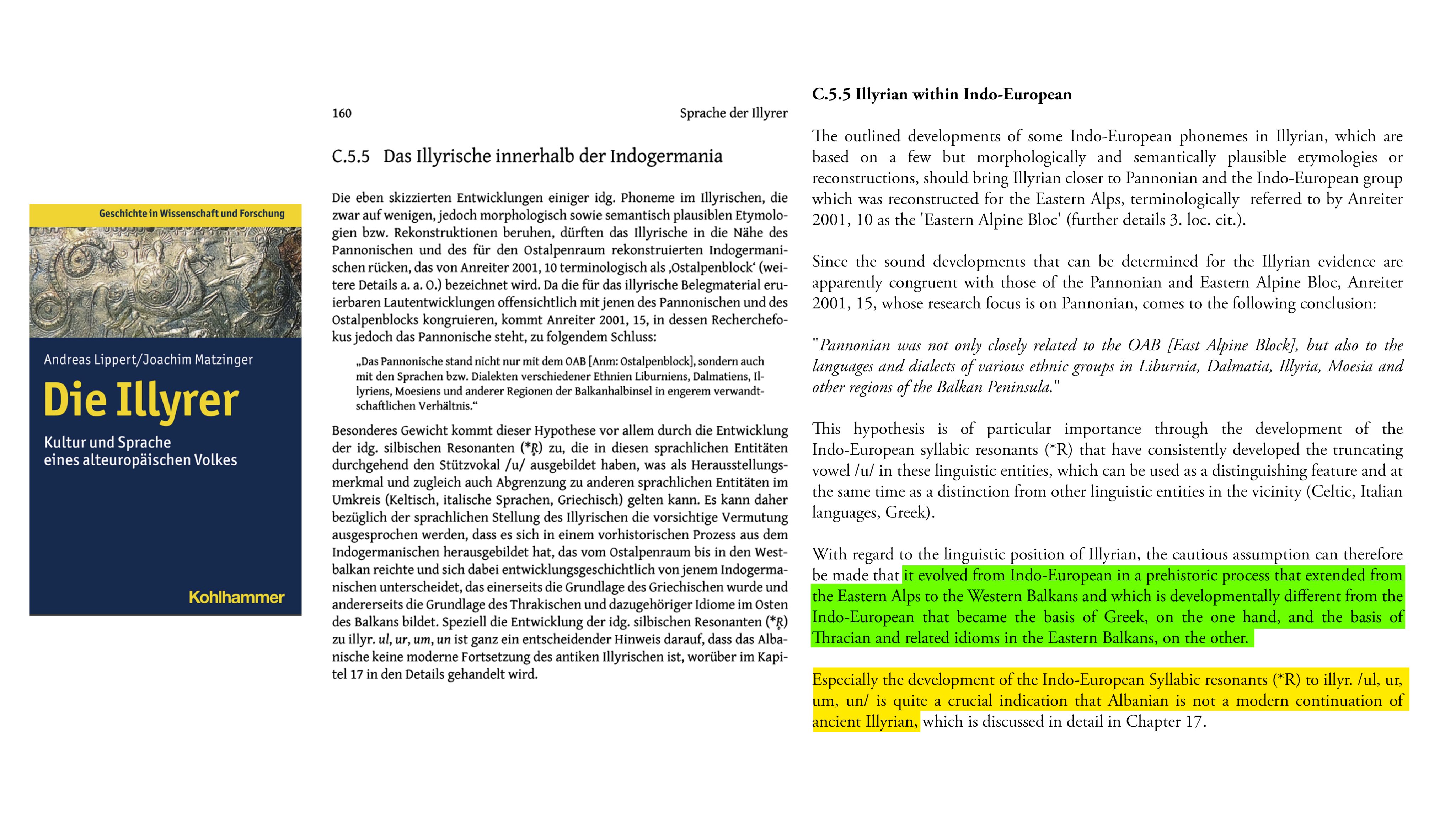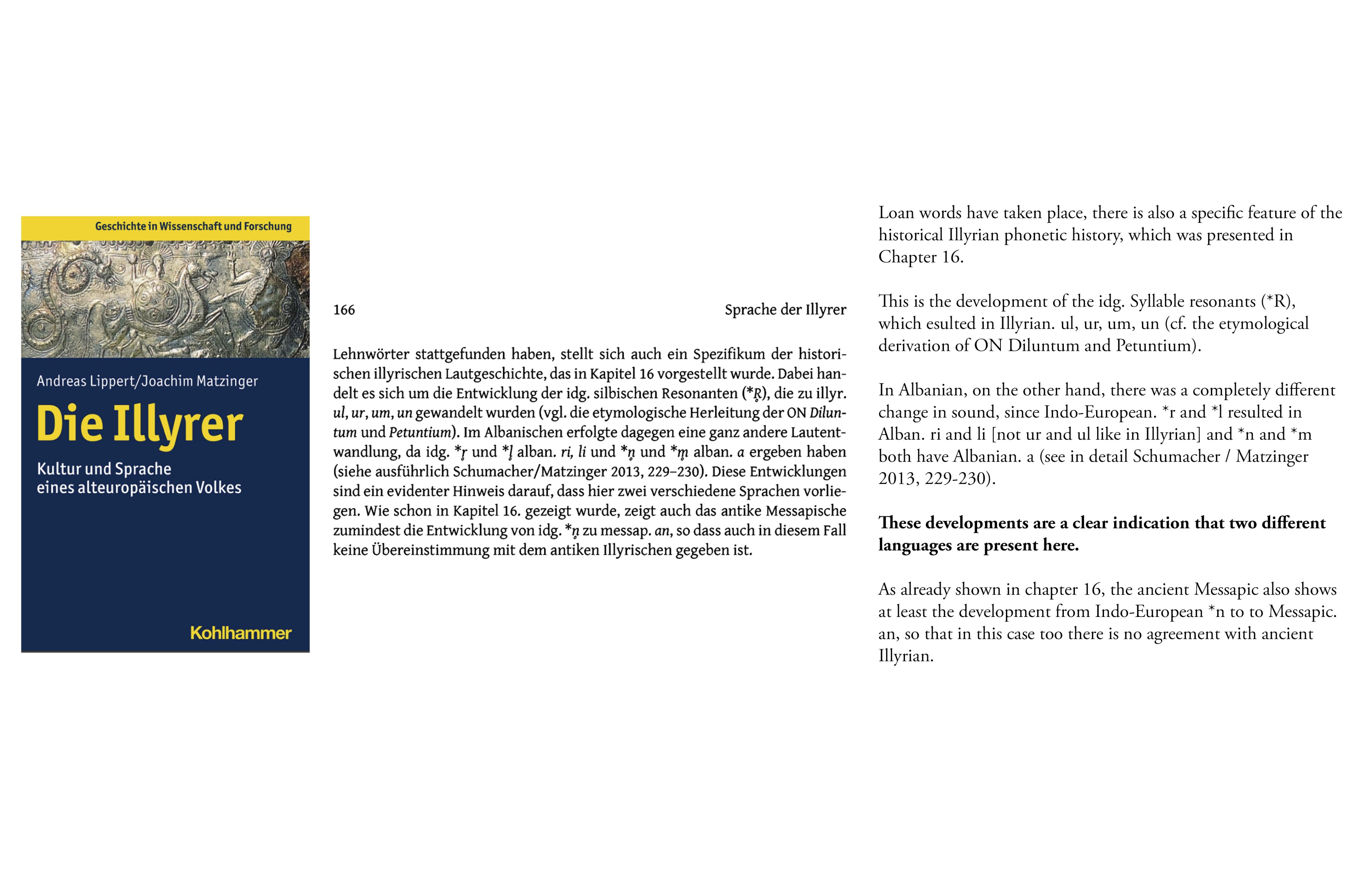torzio
Regular Member
- Messages
- 3,957
- Reaction score
- 1,226
- Points
- 113
- Location
- Eastern Australia
- Ethnic group
- North East Italian
- Y-DNA haplogroup
- T1a2 - SK1480
- mtDNA haplogroup
- H95a
Sheesh, does it really matter to people the exact like square kilometer that their people's ethnogenesis supposedly took place? Jeez. That's like kinda strange in this day and age, with a globalized world. Most countries would rather point to actual achievements of their people and culture, and their contributions to humanity, while some are desperately clinging on to ideas of "we're the first people in this valley!", and "your people were from a few miles that way near the coast", or "you mixed with some of these people, you're not worthy of this land anymore!", lol. And these places are too obscure for the vast majority of the world to even know or care about, unfortunately.
I mean, I'm not saying it's not interesting in some general sense, but it's not like a bunch of people arguing on a forum are going to uncover the "real" truth about something, in absence of actual new evidence, which unfortunately is probably not going to come up anymore at this point. And I'd wager most of them aren't scholars who are going to write academic articles on their theories.
Depends on the topic............if the topic or the time zone older than nationalism, which is only 250 years old, ok ............unless you are a catalan and do not want to sit under castilian madrid
once , its older than nations, then your comments have zero value









